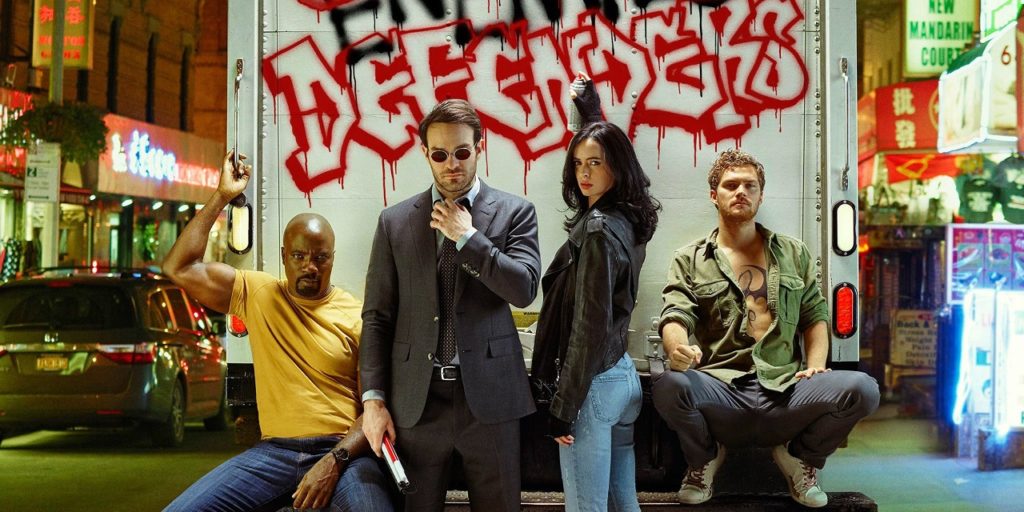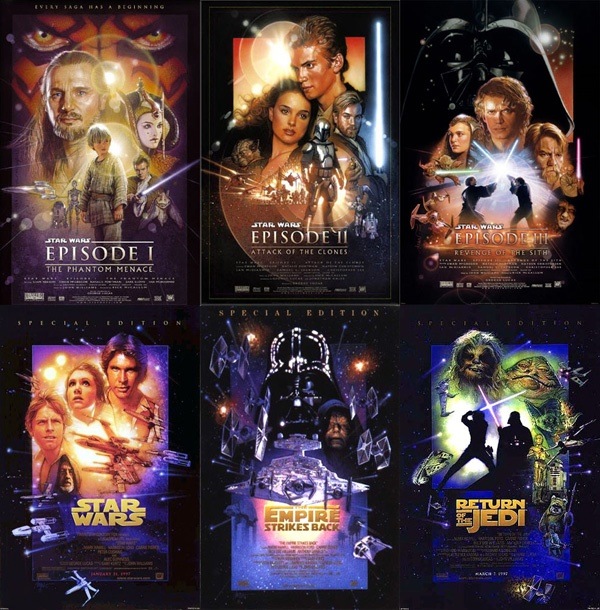Last Week saw some major announcements taking place in the tech-cum-entertainment world. For starters, Netflix sealed a deal to acquire Millarworld, the comic-book property-house of acclaimed writer Mark Miller (the man behind Marvel’s best-selling Civil War comic-book story-arc) for an undisclosed but seemingly small amount. With Netflix’s constant push for more original content, this move clearly signaled its interest in coming up with its own comic-book movies and superhero properties, in a bid to reduce its dependency on major studios whose material it currently relies upon.
As if to challenge Netflix, Disney made its own move and announced its acquisition of BAMTech, a firm behind streaming technology used in HBO and ESPN’s streaming services. Disney had previously purchased a 33 percent stake in the firm for $1 billion and added to that in this announcement with a further investment of $1.58 billion for an additional 42 percent, giving it the controlling 75 percent stake in the company. Alongside this investment, Disney also announced that it will be building its own streaming platform that will offer a subscription service to a host of Disney content including its animated films, live-action remakes of those animated films as well as its Marvel and Star Wars properties. Combined, this gives Disney enough content to actually think of such a move never mind the fact that Marvel and Star Wars franchises show no signs of slowing down.
The real question then is, is Disney going to make its Marvel and Star Wars movies exclusive to its own platform in order to increase its value proposition? And if so, does that mean these movies and other content being pulled out of Netflix? Furthermore, what does it mean for Marvel’s Netflix productions of Daredevil, Jessica Jones, Luke Cage, Iron Fist as well as the upcoming Defenders and Punisher series? Do they go as well? And is that why we don’t really have clarity on Season 2 schedules of the aforementioned properties?
 A careful review of the official statements released by Disney and Netflix executives and some analyst viewpoints should make it clear that viewers are clearly jumping the gun in making such assumptions. To start off, the official statement on the Disney-acquisitions says “With this strategic shift, Disney will end its distribution agreement with Netflix for subscription streaming of new releases, beginning with the 2019 calendar year theatrical slate.” This means that while Disney certainly plans on making upcoming releases exclusive to the Disney streaming platform, there’s no word on existing properties and if the deals for those in-place would be affected in any way.
A careful review of the official statements released by Disney and Netflix executives and some analyst viewpoints should make it clear that viewers are clearly jumping the gun in making such assumptions. To start off, the official statement on the Disney-acquisitions says “With this strategic shift, Disney will end its distribution agreement with Netflix for subscription streaming of new releases, beginning with the 2019 calendar year theatrical slate.” This means that while Disney certainly plans on making upcoming releases exclusive to the Disney streaming platform, there’s no word on existing properties and if the deals for those in-place would be affected in any way.
Disney is also not yet quite clear on how they plan to position their streaming service. Sources suggest Disney is toying with the idea of a single unified streaming service for all of its content versus different services for Marvel, Star Wars and its own Disney animated feature-films and shows seeing a varied difference in the audience for these properties – Star Wars fans come from as early as 1977 when the original Star Wars came out; Marvel fans largely comprise of fans of the Marvel Cinematic Universe that has spiraled in popularity in the large decade or so whereas Disney’s own animated films (and its live-action adaptations) are clearly targeted towards kids. Disney feels this may necessitate the push for different streaming services for each of these properties.
Netflix on its part, said it has entered talks with Disney on ways to salvage the deal and is discussion options with Disney to keep the deal from falling through. It certainly hasn’t helped shareholders’ appetite though as shares for the $77 billion company were down 6% after announcement of the news. On its part, Netflix seems to have been well aware of the difficulty in licensing content which explains its push for original content in recent years; the streaming giant has pledged to invest as much as $16 billion in original content in the next five years.
All that said, does such a move make sense for Disney? Going by its huge catalog of titles, it was an inevitable announcement. The Marvel Cinematic Universe alone comprises of 22 movies and will add 7 more by the time Disney’s service rolls out. This is apart from the TV shows belonging to the same universe which includes four season of Agents of S.H.I.E.L.D. with scope for two more until 2019, two seasons of Agent Carter and the upcoming shows such as Inhumans, Cloak and Dagger, and Runaways. The Star Wars universe will comprise of nine main movies, three anthology films, a Clone Wars film and a Star Wars Rebels ongoing series with plenty more coming. And Disney’s own animated catalog is ever-expansive with decades of movies to draw upon. With the rate it’s churning out live-action adaptations and the successes they’re seeing with the near-billion dollar grosses of The Jungle Book and Beauty and the Beast, it’s all but short of content.
This begs the question though of whether separate services are overkill. On the one hand it makes sense as the fan-base among Disney’s disparate properties may not really overlap: after all, Marvel fans may not necessarily be Star Wars fans and fans of both may not have an interest in seeing Disney-s kid-friendly animated movies. And yet, on the other hand, with the presence of Netflix, Hulu, Amazon Prime and YouTube Red, there’s only so many streaming services the market can afford.
 Disney could then allow some of its content to run on their respective platforms with its own service acting as the exclusive hub for all things Disney. Thus, someone interested only in Agents of S.H.I.E.L.D. can tune in to ABC while someone interested in the movies can subscribe to Netflix but to get the complete package, it’s better for the consumer to go to Disney’s service rather than subscribing to multiple different networks. This way, we could get the best of both worlds and no one has to lose.
Disney could then allow some of its content to run on their respective platforms with its own service acting as the exclusive hub for all things Disney. Thus, someone interested only in Agents of S.H.I.E.L.D. can tune in to ABC while someone interested in the movies can subscribe to Netflix but to get the complete package, it’s better for the consumer to go to Disney’s service rather than subscribing to multiple different networks. This way, we could get the best of both worlds and no one has to lose.
So yes, nothing is set in stone for now. Marvel movies could still be available on Netflix and a deal could still be worked out. In the event that it does not, it will be interesting to see how Disney and Netflix handle the parting of ways. In any case, this confirms one thing. If Disney is planning on such a move, it certainly means and confirms that Star Wars is not stopping after 2019’s Episode IX. And neither is the Marvel Cinematic Universe after 2019’s Avengers (with Kevin Fiege having planned movies until 2028, that was never in doubt though). It remains to be seen how Disney’s major properties will adapt to this new strategy of Disney and whether Disney will continue to hold licensing deals of some sort or become a walled garden in and of itself.





